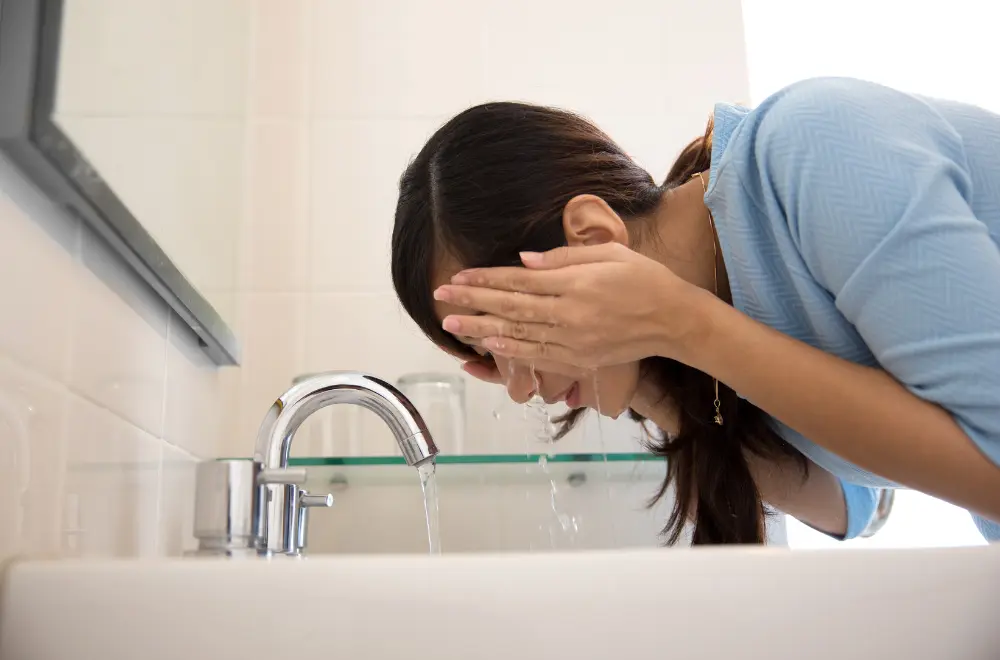In our modern, fast-paced world, stress and anxiety have become familiar companions for many. These overwhelming emotions can affect both our mental and physical well-being. However, it’s essential to understand that managing stress and anxiety is possible. Let’s explore some proven techniques and lifestyle adjustments that can significantly reduce stress levels and help manage anxiety effectively.
Understanding Stress and Anxiety
Stress is the body’s response to external pressures, whether from work, relationships, financial concerns, or other circumstances. On the other hand, anxiety often involves persistent feelings of worry, fear, or unease, sometimes without a specific cause. Recognizing these emotions and their triggers is crucial in devising effective coping strategies.
Identifying Common Triggers
Several common triggers contribute to stress and anxiety in daily life. Work-related pressures, family issues, health concerns, and societal expectations are frequent culprits. By identifying these triggers, individuals can take proactive steps to manage and mitigate their impact on mental well-being.
Personalized Coping Strategies
One size doesn’t fit all when it comes to managing stress and anxiety. Personalized coping strategies are essential as triggers can vary widely among individuals. Whether it’s learning to manage uncertainty, improving social interactions, or addressing past traumas, recognizing and tailoring coping mechanisms is key to better stress management.
Lifestyle Changes for Stress Reduction
-
Embracing a Healthy Diet and Nutrition
The food we eat has a big impact on our mental well-being. Including foods high in omega-3 fatty acids, antioxidants, and vitamins can have a positive effect on regulating our mood. Examples of stress-reducing foods are dark chocolate, avocados, nuts, and leafy greens. It’s also important to stay hydrated and limit excessive intake of caffeine and sugar to maintain stable energy levels and mood.
Emerging research suggests that probiotics, found in yogurt and fermented foods like kimchi and sauerkraut, can also positively impact mental health by supporting gut health, which is closely linked to brain function.
Also Read- Exploring the Impact of Coffee and Green Tea
-
Engaging in Regular Exercise
Physical activity is a powerful stress reliever. Exercise releases endorphins, the body’s natural mood elevators, promoting feelings of well-being and relaxation. Activities like yoga, jogging, or dancing can significantly reduce stress levels and contribute to better mental health. Incorporating a variety of exercises, such as strength training, aerobics, and flexibility exercises, can provide comprehensive physical and mental benefits.
Recent studies have shown that even short bursts of physical activity, such as a 10-minute walk, can elevate mood and reduce stress levels.
Also Read-
- Fitnеss and Homе Workout Tips: Know Here
- How to Create a Healthy Eating Plan That Works for You
-
Prioritizing Quality Sleep
Quality sleep is fundamental for stress management. Establishing a consistent sleep schedule and creating a comfortable sleep environment can improve sleep quality, consequently reducing anxiety levels. Techniques such as limiting screen time before bed, maintaining a cool, dark bedroom, and practicing relaxation exercises before sleeping can enhance sleep quality.
The use of sleep-tracking devices and apps can also help monitor sleep patterns and identify areas for improvement.

-
Practicing Mindfulness and Meditation
Mindfulness and meditation practices offer valuable tools for stress reduction. These techniques involve focusing on the present moment, calming the mind, and promoting relaxation. Deep breathing exercises and guided meditation can help alleviate stress and anxiety. Apps like Headspace and Calm provide accessible guided sessions for beginners and experienced practitioners alike.
Recent advancements include virtual reality meditation experiences, which offer immersive environments to deepen relaxation and mindfulness practices.
Also Read- Houseplants That Will Transform Your Mental Well-being
Daily Practices for Stress Management
-
Embracing Breathing Exercises
Simple yet powerful breathing exercises, such as diaphragmatic breathing or the 4-7-8 technique, can quickly calm the nervous system and alleviate stress. Practicing these techniques regularly can build resilience against stressors.
-
Efficient Time Management
Effective time management techniques, including prioritizing tasks and setting realistic goals, can prevent feelings of overwhelm and stress. Utilizing tools like planners, digital calendars, and productivity apps can aid in organizing tasks and maintaining a balanced schedule.
The Pomodoro Technique, which involves working in focused intervals with breaks in between, has been shown to enhance productivity and reduce stress.
-
Setting Boundaries
Learning to say no and setting boundaries in personal and professional spheres is crucial for preventing stress accumulation and maintaining a healthy balance. Establishing clear limits on work hours, social commitments, and personal time ensures a sustainable and balanced lifestyle.
Seeking Professional Support
-
Therapy and Counseling
When stress and anxiety start to have a major impact on everyday life, getting support from mental health experts can offer effective techniques and strategies for managing them. Cognitive-behavioral therapy (CBT) and other forms of therapy can assist individuals in changing negative thought patterns and building healthier ways of coping.
Teletherapy has become increasingly accessible, allowing individuals to receive professional support from the comfort of their homes.
-
Engaging with Support Groups
Participating in support groups or communities offers a sense of belonging and understanding, reducing feelings of isolation and providing valuable emotional support. Online platforms and local groups provide opportunities to connect with others facing similar challenges.
Conclusion
Reducing stress and anxiety in daily life is achievable by implementing these proven techniques and lifestyle changes. Remember, prioritizing mental well-being is crucial for leading a more fulfilling and harmonious life. By incorporating these strategies into your routine, you can take significant steps toward a healthier and more balanced lifestyle.
FAQs
- Are stress and anxiety the same things?
- Stress and anxiety are related but differ in their nature. Stress usually arises from external pressures, while anxiety often manifests as excessive worry or fear, sometimes without a specific cause.
- Can exercise help in reducing stress and anxiety?
- Yes, exercise releases endorphins, which act as natural mood lifters. Regular physical activity has been shown to reduce stress and anxiety levels.
- How can mindfulness and meditation alleviate stress?
- Mindfulness and meditation techniques help calm the mind, reduce racing thoughts, and promote relaxation, aiding in stress reduction.
- When should I seek professional help for stress and anxiety?
- If stress and anxiety significantly impact your daily life, hinder your ability to function, or persist over a prolonged period, seeking professional help is advisable.
- Can dietary changes impact stress levels?
- Yes, certain foods contain stress-reducing properties and can positively influence mood and stress levels when incorporated into a balanced diet.
By integrating these advanced techniques and staying informed about new developments in stress management, you can effectively reduce stress and anxiety, enhancing your overall quality of life.










